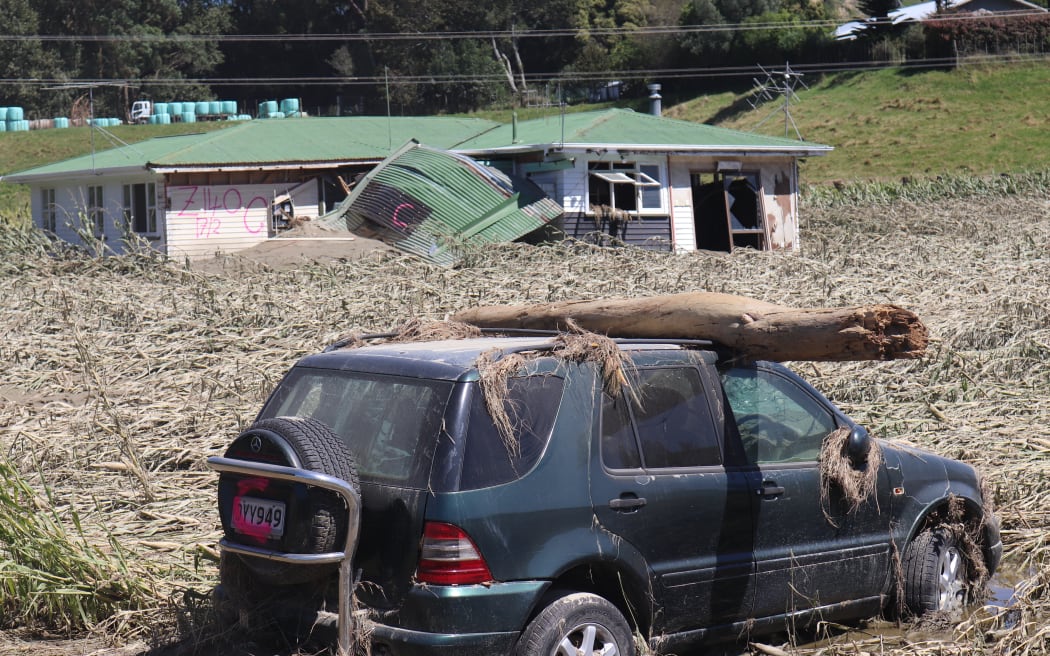What Happens When You Can’t Insure Your Home Anymore?
As extreme weather becomes more common, thanks to climate change, it’s getting harder—and in some places, impossible—for people in Aotearoa New Zealand to insure their homes.
💬 Imagine this: You’ve worked hard to buy your house. It’s your safe haven. But now, insurance companies are saying, “Sorry, it’s too risky.” And just like that, your home could lose value, your mortgage might be in trouble, and your future feels… uncertain.
That’s already becoming reality in parts of NZ.

Why This Matters
Insurance isn’t just a safety net—it’s a requirement if you have a mortgage. So if insurance companies pull out of flood-prone or high-risk areas, entire communities could be left in limbo. Property values could crash. People might not be able to sell, rebuild, or recover.
This isn’t a hypothetical. It’s already happening.
So What Can the Government Do?
A recent study introduced a “trilemma framework”—basically, when responding to climate risks, the government can only achieve two out of three of these goals:
-
Encourage people to reduce their risk (like not building on floodplains)
-
Keep things affordable for taxpayers
-
Make sure solutions are fair and reduce hardship
The catch? You can’t do all three perfectly. So trade-offs are necessary.
The 3 Main Options (and Their Downsides)
-
Do Nothing
Let the market adjust. Property prices will drop. People will fend for themselves. Risk gets reduced because people will avoid risky areas—but it’s harsh and unfair, especially for those who can’t afford to move. -
Public Insurance
Bring in a government-backed insurance scheme like we did with earthquakes. It can help people recover fairly, but it might encourage more risky building if people feel too “protected.” -
Build Defences & Offer Buyouts
Build things like stopbanks and buy out homeowners in risky areas. Politically popular, but expensive and messy—especially when decisions are made last-minute after disasters.
What’s Happening Now?
Right now, NZ’s approach is mostly “wait for disaster, then respond in panic mode.” We saw this with Westport’s floods, and again after Cyclone Gabrielle. Billions are being spent, but not always wisely or fairly.
What Needs to Change?
We need a proactive game plan, not a reactive scramble. No policy is perfect, but if we’re upfront about the trade-offs, we can:
✔️ Protect vulnerable communities
✔️ Spend smarter
✔️ Reduce long-term risk
Let’s face it—climate change isn’t going away, and neither are the storms, floods, and rising costs. If we don’t plan now, we’ll keep paying the price later.


